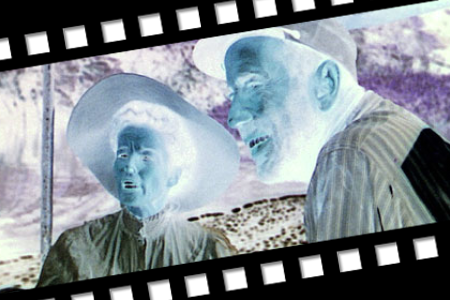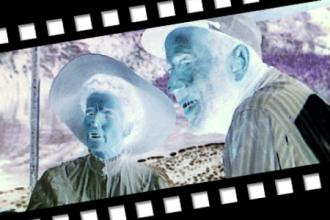CINEMANIA: Guess the movie title
See negative of movie scene and guess the title. Length of words in solution: 3,7,5Correct answers: 32
The first user who solved this task is Djordje Timotijevic.
#brainteasers #movie #film #cinemania

Stephen Rannazzisi: Slow Pitch Softball
I joined a softball team, which I thought was a great idea... but the guys on my team are crazy. These guys show up to games -- slow pitch softball games -- with cleats, stirrups, the Barry Bonds arm guards on, the black crap under their eyes. Im like, Fellas, the ball is this big. If you cant see it, you probably shouldnt have driven to the game today.

